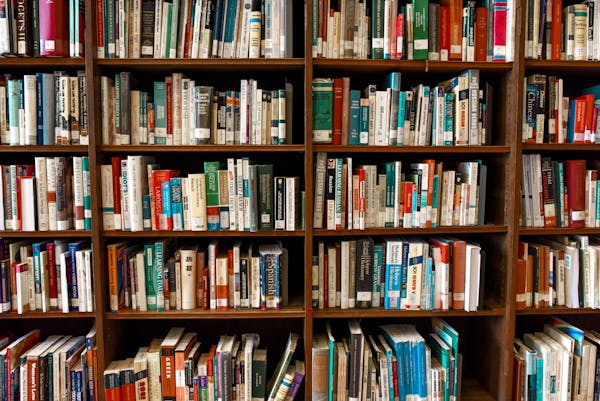
Rediscovering Canadian Literary Classics: Timeless Voices That Shaped a Nation
Canadian literature has produced some of the world's most compelling and enduring works. From the pioneering voices of the early 20th century to the established masters of today, these classics continue to resonate with readers across generations.
Margaret Atwood's "The Handmaid's Tale" remains as relevant today as when it was first published in 1985, offering prescient insights into power, freedom, and resistance. Similarly, Mordecai Richler's "The Apprenticeship of Duddy Kravitz" captures the immigrant experience in Montreal with both humor and pathos that continues to speak to contemporary audiences.
Alice Munro's masterful short stories, which earned her the Nobel Prize in Literature, demonstrate the profound artistry possible within the short form. Her rural Ontario settings become universal landscapes of human emotion and experience. Meanwhile, Robertson Davies' "Fifth Business" explores themes of guilt, identity, and mythology with a distinctly Canadian sensibility.
Essential Reading List:
- "Anne of Green Gables" by L.M. Montgomery - The beloved tale that introduced the world to Prince Edward Island
- "Two Solitudes" by Hugh MacLennan - A profound exploration of French-English relations in Canada
- "The Stone Angel" by Margaret Laurence - A powerful portrait of aging and memory on the Canadian prairies
- "Beautiful Losers" by Leonard Cohen - An experimental novel from the renowned poet and musician
These works don't merely tell Canadian stories; they illuminate universal human experiences through a distinctly Canadian lens. They remind us that great literature transcends borders while remaining deeply rooted in place and culture.

